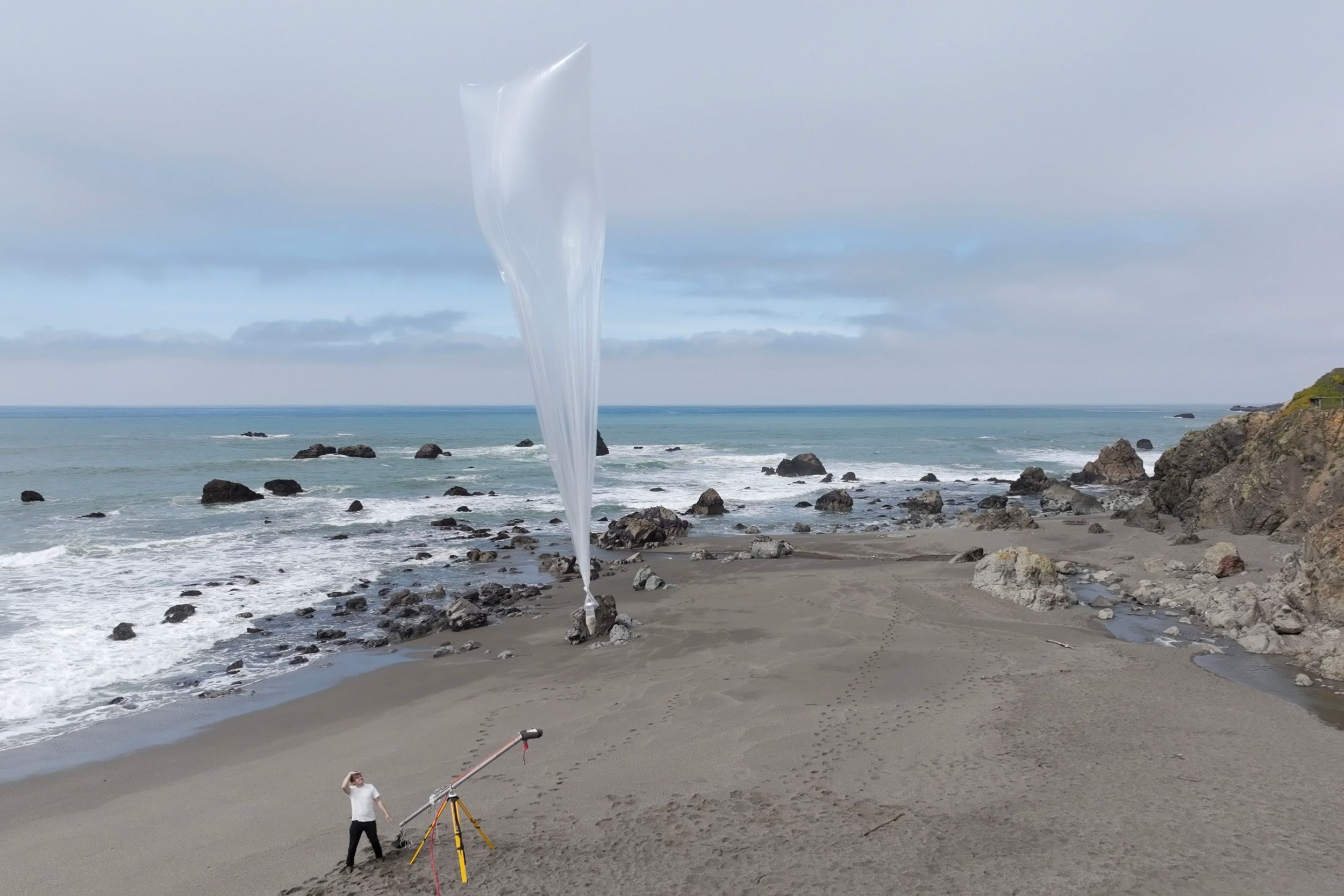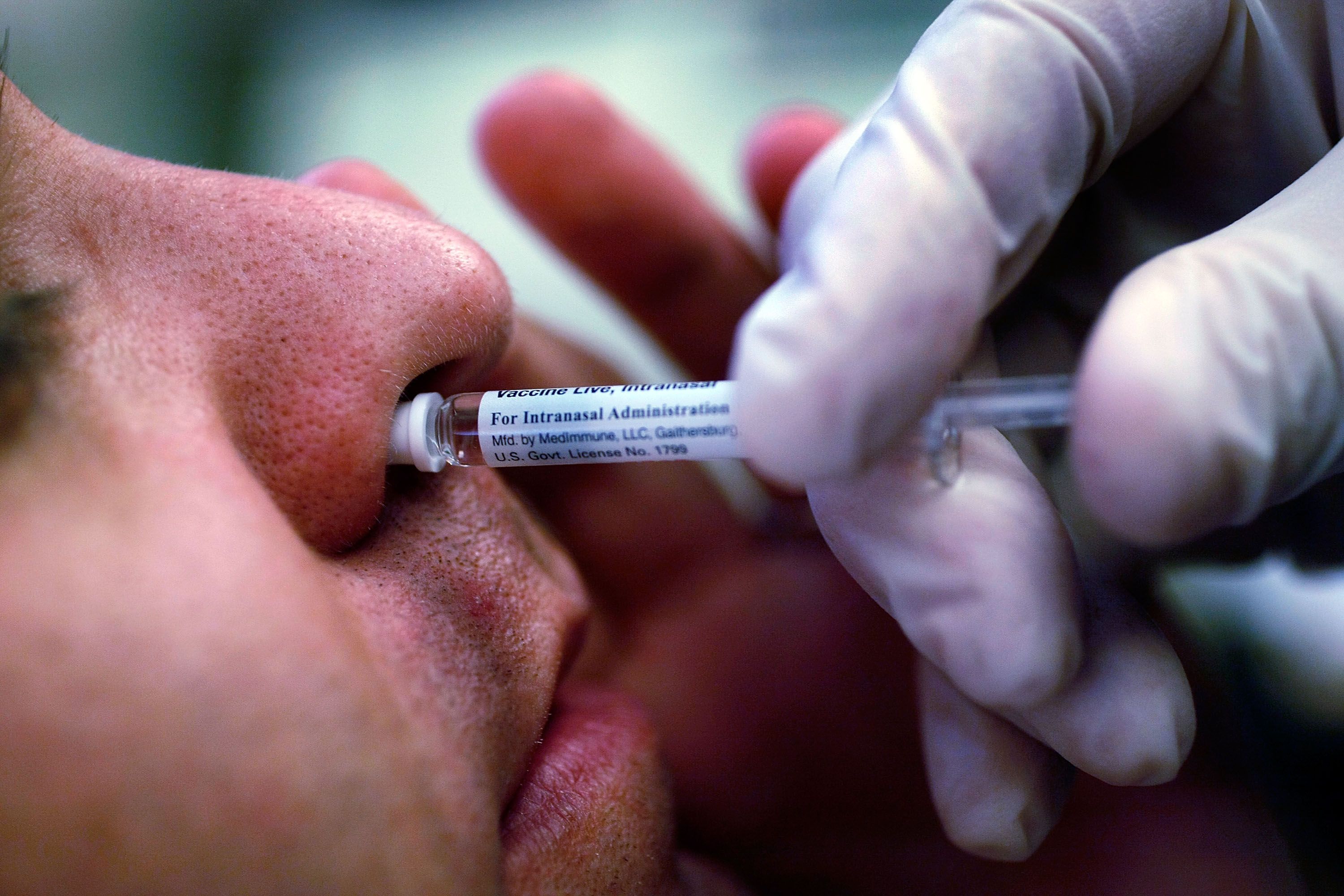The Black Market for Fake Science Is Growing Faster Than Legitimate Research, Study Warns
A recent study has found that the black market for fake science is expanding at a rapid pace, outpacing legitimate research efforts. This troubling trend is undermining the credibility of scientific findings and putting public health and safety at risk.
The study, conducted by researchers at the prestigious Institute of Science Integrity, revealed that there is a growing demand for fraudulent scientific data and studies, particularly in industries where research findings can have significant financial implications.
According to the study’s lead author, Dr. Jane Smith, “The proliferation of fake science is eroding public trust in the scientific community and threatening the integrity of the research process.”
The black market for fake science operates on the dark web, where unscrupulous individuals and organizations can purchase falsified data and research papers for a price. These fake studies are often used to support misleading claims and promote products that have not been properly tested.
One of the most concerning aspects of the study’s findings is the impact that fake science can have on public health. By promoting unproven treatments and therapies, fraudulent research can put vulnerable populations at risk and undermine evidence-based medical practices.
In response to the study’s findings, the scientific community is calling for increased transparency and accountability in research practices. Scientists are being urged to uphold the highest standards of integrity and to report any instances of suspected fraud or misconduct.
It is clear that the growth of the black market for fake science poses a serious threat to the validity and credibility of scientific research. If left unchecked, this trend could have far-reaching consequences for society as a whole.
As we continue to grapple with the challenges posed by fake science, it is more important than ever to support and uphold the principles of scientific integrity and to prioritize the pursuit of knowledge for the greater good.
Only by working together to combat fraud and uphold the highest standards of scientific rigor can we hope to safeguard the integrity of research and protect the public from the dangers of fake science.



